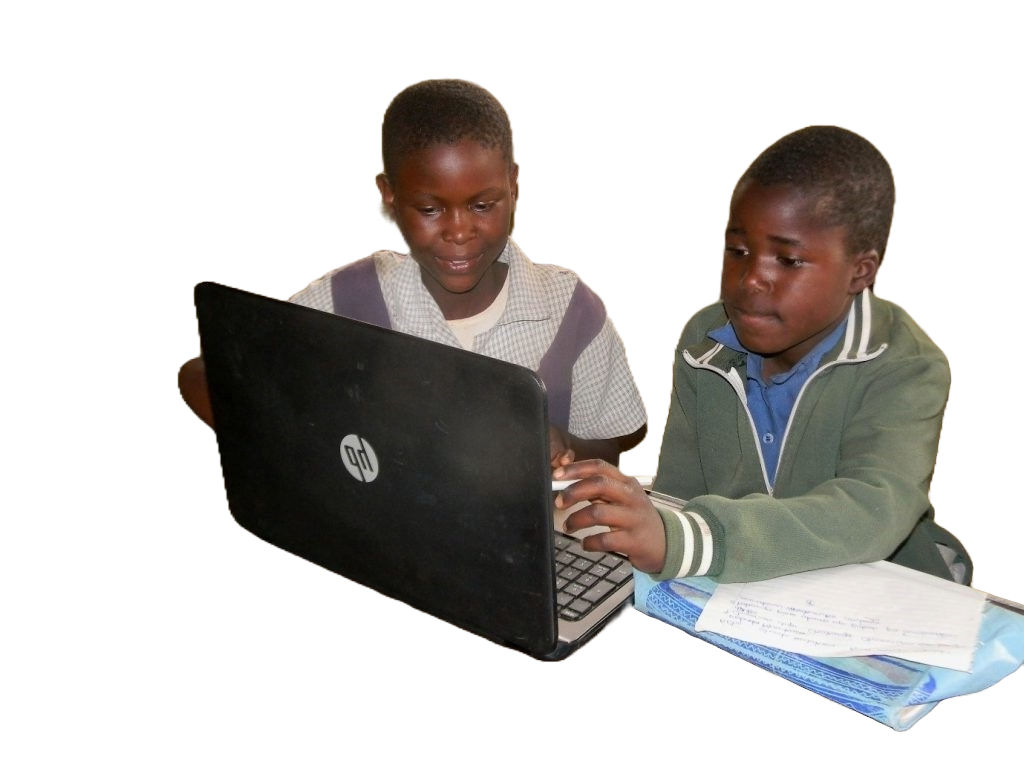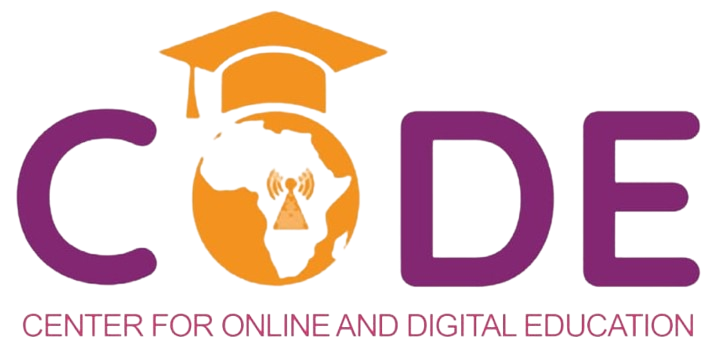Through these initiatives, CODE actively contributes to fulfilling the education-related targets outlined in the Millennium Development Goals (MDGs). These targets include achieving universal primary education, promoting gender equality in education, and improving literacy rates. By striving to ensure inclusive and equitable access to quality education for all learners, regardless of their circumstances, CODE is dedicated to advancing the goals of the MDGs and promoting global educational development.

-
Establish a secure online presence.
-
Improve literacy skills across different subjects.
-
Review video instructions for better understanding of topics as necessary.
-
Participate in online discussions with peers on topics related to their interests.
-
Access a range of resources presented in diverse formats.
-
Communicate with teachers online to clarify doubts or seek assistance.
-
Utilize the Online Platform to search, reserve, download, or share resources.
-
Suggest resources to other students.
-
Write blog posts about subjects and resources.
-
Collaborate with peers remotely on collaborative tasks.
-
Observe the books their child selects for reading.
-
Assess and provide feedback on their children's academic performance.
-
Discover expert advice and tips to assist their child's reading development.
-
Engage in reading and mathematical activities and games with their children.
-
Track their child's learning progress.
-
Assist in implementing computer programs in Physical and Mobile schools.
-
Utilize a variety of online resources, including eBooks.
-
Receive assistance and resources to enhance their own reading skills if needed.
-
Plan and deliver engaging lessons that cater to diverse learning needs.
-
Provide constructive feedback to students on their academic progress.
-
Collaborate with colleagues to develop and refine teaching materials and strategies.
-
Support students' social and emotional well-being through mentorship and guidance.
-
Use technology effectively to enhance teaching and learning experiences.
-
Continuously assess student learning and adjust instruction accordingly.
-
Communicate regularly with parents/guardians to update them on student progress and address any concerns.
-
Participate in professional development opportunities to improve teaching practices.
-
Foster a positive and inclusive classroom environment that encourages participation and collaboration.
-
Stay updated on educational trends and research to incorporate innovative approaches into teaching.
-
Create a safe and inclusive learning environment for all students.
-
Develop and implement a comprehensive curriculum that aligns with educational standards.
-
Provide access to a wide range of learning resources and materials.
-
Offer extracurricular activities and enrichment programs to enhance students' overall development.
-
Foster a culture of respect, tolerance, and diversity within the school community.
-
Ensure that facilities and infrastructure are well-maintained and conducive to learning.
-
Collaborate with parents/guardians to support students' academic and personal growth.
-
Implement effective discipline policies and procedures to maintain a positive school climate.
-
Support teachers with professional development opportunities and resources.
-
Regularly evaluate and assess school performance to identify areas for improvement and implement necessary changes.
